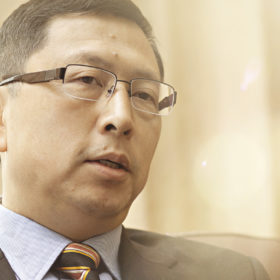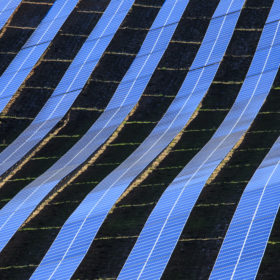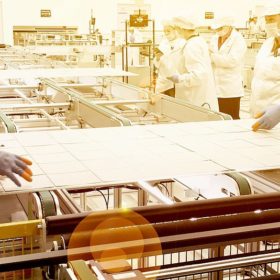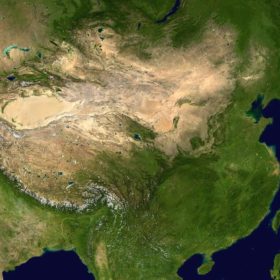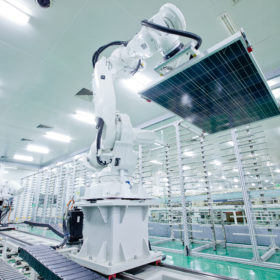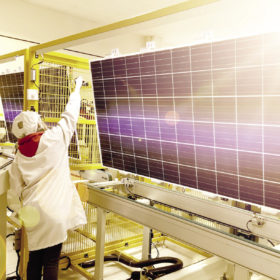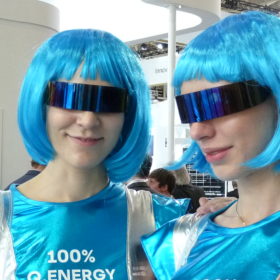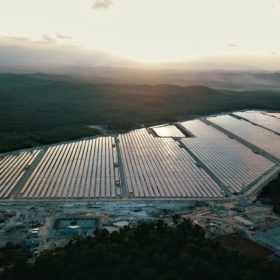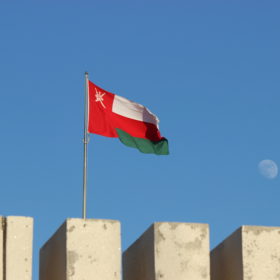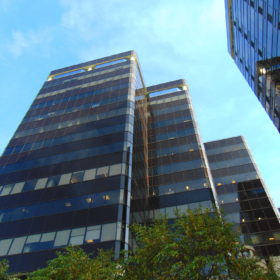Financing deal announced for 151 MW of PV in Italy
Despite the country’s difficult struggle with the COVID-19 outbreak, the Italian solar market is sending some encouraging signs. Italian lender Intesa San Paolo has awarded a €55 million credit facility to Canadian Solar for a portfolio of 12 unsubsidized solar projects.
More solar power deals pop up in Latin America
Big clean energy supply contracts have been announced in Brazil, Mexico and the Dominican Republic.
Canadian Solar claims 23.81% efficiency for n-type poly module
The Chinese-Canadian manufacturer said the new results improve upon its previous record by around 1%. The achievement has been certified by Germany’s Institut für Solarenergieforschung GmbH (ISFH).
Chinese solar production juggernaut rumbles on
Three more PV manufacturers are jostling to announce plans to invest in an expansion of production capacities as the industry appears to make light of coronavirus fears.
Jinko Solar the world’s biggest module provider again in 2019
The solar giant shipped 14.2 GW of modules last year, up 33% on 2018 for the high-water mark of another year dominated by Chinese manufacturers.
Canadian Solar signs 1.2 GW supply agreement with Lightsource BP
The Chinese-Canadian module manufacturer will supply panels to the U.K.-based developer over several years. The modules are destined for projects in the United States and Australia.
The year in solar, part II: A lively show season, more legal shenanigans and rising panel efficiencies abound
Intersolar Europe is always a key date in the solar calendar but this year’s show had it all, including three panel-smuggling arrests. Elsewhere, wafers were getting bigger, efficiency records were tumbling and new technologies were emerging. There was also more news on the solar car ports fad and Hanwha’s ongoing legal tussle.
Scatec Solar secured 300 MW of solar capacity in 500 MW Tunisia auction
The Norwegian PV developer was allocated three of the five projects available in the procurement exercise, having reportedly offered to accept $0.025/kWh from utility Société Tunisienne de l’Electricité et du Gaz for the clean power produced by the largest, 200 MW slice of generation capacity available.
Oman reveals bidders in 146 MW solar-diesel-storage tender
The state-owned Rural Areas Electricity Company wants to build 11 solar-diesel-storage projects in isolated rural areas. Pre-qualified bidders in the tender include Engie, Canadian Solar, Akuo, Longi, Jinko, GCL, Abengoa, Total and Belectric.
Renesola exits Vietnam, India and Korea
The Shanghai-based project developer – which will soon relocate to the U.S. – says the profit margins are not high enough in those markets and has cancelled its project pipeline in the nations. The company has also changed its CEO after less than five months and is on a drive to reduce capital costs.
